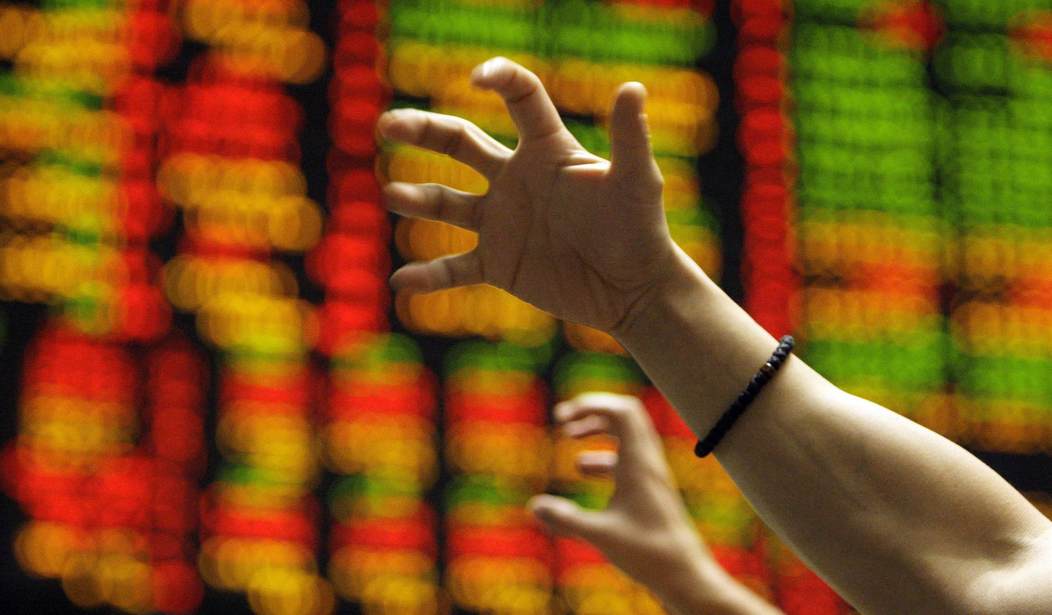It’s not like this possibility is a surprise to anyone at this point but there has been some debate over whether or not a recession was coming and if so how soon. Back in May, CNBC did a survey of economists which found a majority believed we’d be in a recession by August 2023. Yesterday, Financial Times reported the results of its own survey of economists and found the overwhelming majority believe there will be no soft landing:
The US economy will tip into a recession next year, according to nearly 70 per cent of leading academic economists polled by the Financial Times…
Jay Powell, the Fed chair, has conceded that the central bank’s efforts to moderate inflation may cause “some pain”, leading to a “softish” landing that sees the unemployment rate rise “a few ticks”.
But many of the economists polled are concerned about a more adverse outcome given the severity of the inflation situation and the fact that monetary policy will need to shift towards much tighter settings in short order to address it.
“This is not landing a plane on a regular landing strip. This is landing a plane on a tightrope, and the winds are blowing,” said Tara Sinclair, an economist at George Washington University. “The idea that we are going to bring incomes down just enough and spending down just enough to bring prices back to the Fed’s 2 per cent target is unrealistic.”
There’s some disagreement over when it will start but a plurality believes it will be sooner than next August. Here’s a chart of the responses from 49 economists who participated in the survey.

The same survey also found a shift in when economists believed inflation will once again be under control. A previous survey in February found that 31% believed it was somewhat or very unlikely inflation would still be above 3% by December of 2023. In other words, about a third of those surveyed felt we’d probably be in good shape by the end of next year. But in the current survey only 14% of respondents believed that. Again the question here is “What is your estimate of the likelihood that core PCE inflation will exceed 3% per annum in the year ending Dec 2023?” The percentage of respondents who think it’s very likely we’ll still be in trouble (inflation > 3%) next December has tripled since February.

Part of the reason for this concern about when we’re likely to get inflation back under control is that about 40% of respondents aren’t convinced the Fed is going to raise rate high enough or soon enough to curb it by the end of next year.
Nearly 40 per cent of the economists warned that the Fed would fail to control inflation if it only raised the federal funds rate to 2.8 per cent by the end of the year. This would demand half-point rate rises at each of the central bank’s next three meetings in June, July and September before downsizing to its more typical quarter-point cadence for the final two gatherings of 2022.
Back in March, Larry Summers predicted the Fed would need to raise rates above 4% in order to manage this. Here’s what he told the NY Times:
My basis is simply this— we think about the effects of monetary policy in terms of what economists call real interest rates— interest rates minus the rate of inflation. And the idea is that when real interest rates go up, people want to save more, people want to spend less, because capital is more expensive.
And so in order to restrain the economy, you have to raise the level of real interest rates. Real interest rates right now over every horizon are substantially negative. Not just over one year. Not just over five years. They’re actually negative over 30 years…
I don’t think we’re going to avoid and bring down the rate of inflation until we get to positive real interest rates. And I don’t think we’re going to get to positive real interest rates without, over the next couple of years, getting interest rates north of 4 percent.
Of course raising rates faster will make a recession more likely so, as mentioned above, this really is like trying to land an airplane on a tightrope.








Join the conversation as a VIP Member